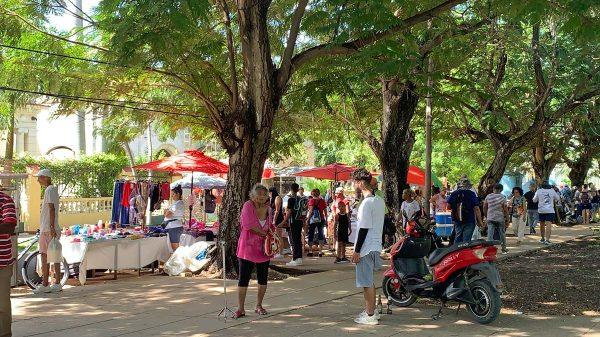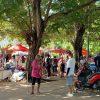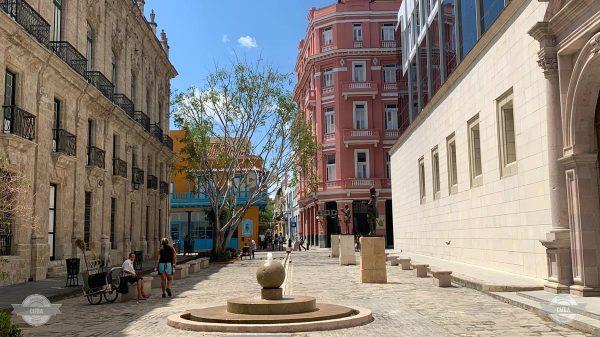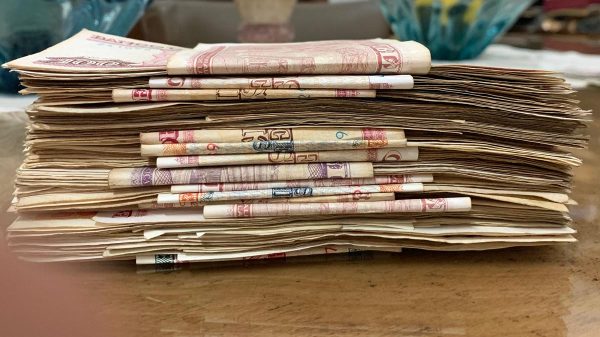By MICHAEL WEISSENSTEIN Associated Press
HAVANA — Cuba’s ruling Communist Party released a new set of economic guidelines Tuesday that emphasize the slow-moving and limited nature of the country’s reforms amid a sharp national economic downturn.
The guidelines “recognize the objective existence of market relationships,” but they also restate Cuba’s commitment to a centrally planned economy.
The 274 rules say concentration of property and wealth will not be permitted and promise to advance internet service only “gradually, according to our economic possibilities,” in one of the world’s least-connected nations.
They update a document that laid out President Raul Castro’s vision of economic reform at the Cuban Communist Party’s twice-a-decade congress in 2011. Those reforms have allowed growth of tens of thousands of private businesses ranging from self-employed cobblers to high-end restaurants and small boutique hotels.
But the spread of private enterprise has failed to save the government from cash shortages and economic stagnation due to a cutback in subsidized oil from Venezuela.
Then-Economy Minister Marino Murillo said last month that Cuba saw 1 percent growth in the first half of 2016 despite an explosion in tourism set off by the declaration of detente with the United States in December 2014. Murillo said the country would have to reduce electricity consumption by 6 percent, with the majority of the reduction directed at the state sector.
The government and state-run enterprises see less activity during the summer, when many Cubans take long vacations. This summer has been particularly slow, with more employees than usual taking longer vacation and leaving the office by early afternoon. Air-conditioning has been cut back in state buildings, and gas stations are frequently closed because they have run out of fuel or are ostensibly undergoing repairs.
Cuba has so far not seen frequent or sustained power outages, shortages or other dramatic effects of the slowdown.
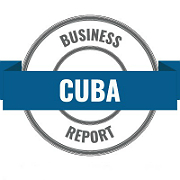
From our staff writers and editors.







